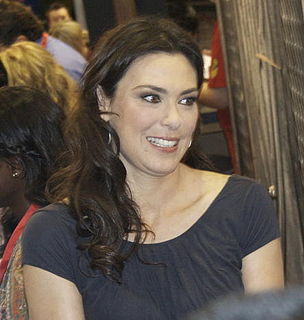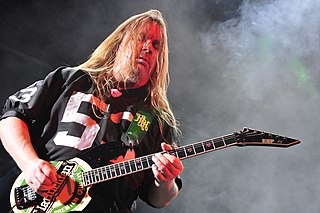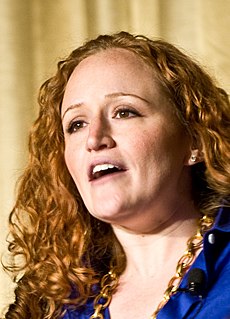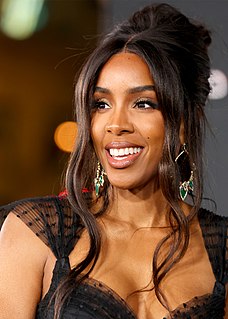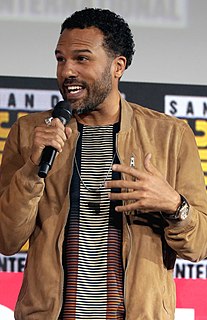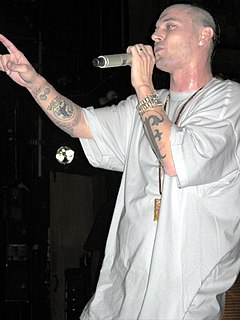A Quote by Michelle Forbes
When I do watch shows, or projects that I've been a part of, I'm pretty good at watching them objectively. And that's mostly because I want to see how it came out overall, what the overall story was and how it came together visually, what my mates were doing.
Related Quotes
The biggest threat to your creativity is the fear that it's already been done, said, created. (So why bother?)
Say it, do it, make it anyway - but tell YOUR story along the way.
The story of how you came to know what you know.
The story of what you want to know more of.
The story of why you do what you do.
The story of how you came to care.
And that's how you create what's never been created before.
Any time I put together a story collection, I don't know what it's going to look like overall - or even what the title story is going to be. Over time, I end up with a dozen or so stories, and I start to see a shape to them, how they fit together, and then I write stories that complement or extend that shape.
For people who are coming out of an oral tradition, it is very exciting to get into reading and writing and it is quite interesting how frequently people want to write their own story. Sometimes it is straight history - this is how we came about, how our town was created, a lot of that kind of effort, as soon as literacy came. The first thing you wanted to do was to put something down about who you are or how you are related to you neighbors. Then the next stage would be the stories, the cultural part of the story: this is the kind of world our ancestors made or aspired to.
On stage you never watch yourself. You just experience it, and then you go home, and you feel pretty good if you gave a pretty good performance or crappy if you didn't. But in TV and film, you actually have to experience it while you're doing it, and then you have to watch it. And then when you're watching it, you watch it with a different sensibility than how you experienced it.
Most Christians who've been around for a while have their Story in bits and pieces, but have never seen how powerful it really is when assembled as a whole. I want them to see how well it fits together and how it offers tremendous explanatory power regarding the world as we actually find it. I want them to see how it resolves the problem of evil, and why God's solution - the God/man Jesus - is the only solution.
I think when YouTube first came out, everyone was thinking people were just going to watch five-minute shows from now on and that people didn't have the patience anymore to watch longer programmes. But instead, everyone is binge watching and consuming ten-hour programmes and box sets of shows, so it is really interesting.
Some of the justifiable critiques has been by - been so successful in telling this story, you know, there's a danger of saying, oh, well, you know, we don't need to worry about this because that's absolutely not the case. What [Hans] Rosling is doing is showing us an overall global trend, which in a sense tells us how bad things were - doesn't mean to say the problems are gone, doesn't mean to say they're any less.
